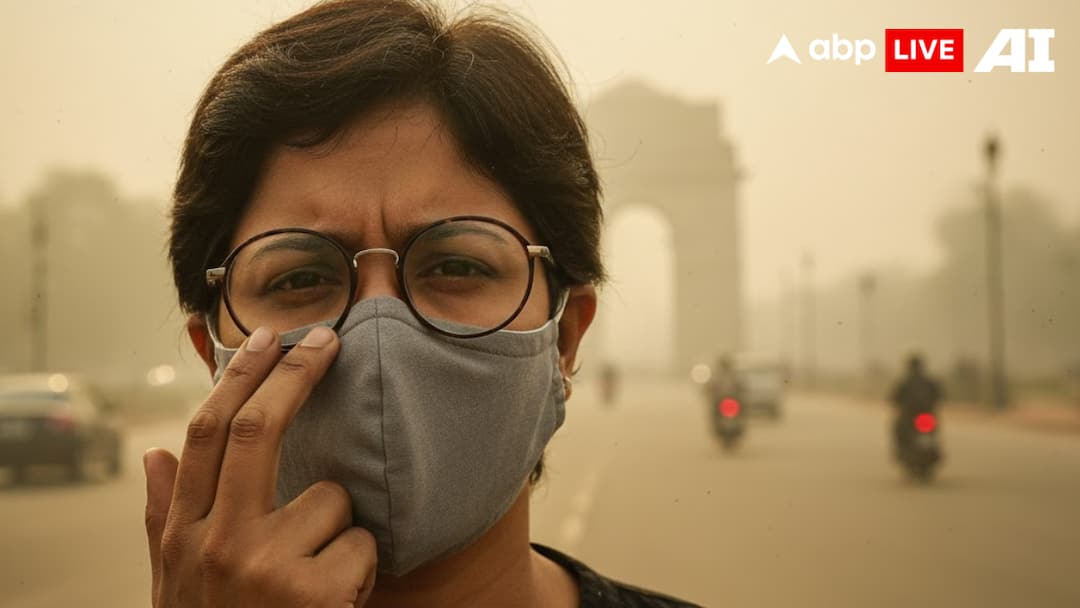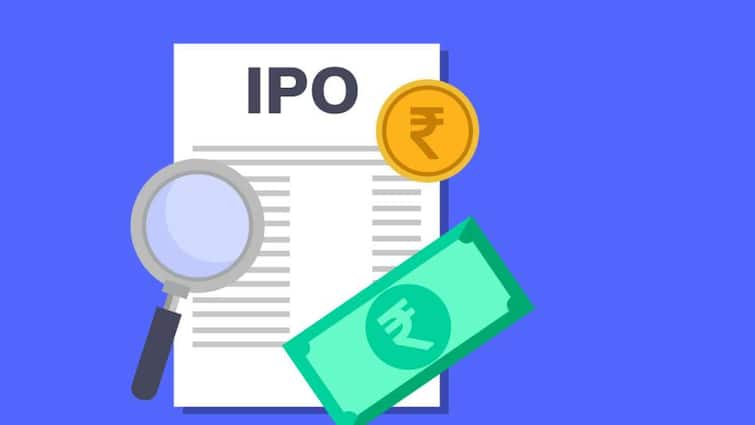As Delhi’s air quality plunges during smog season, it’s not just the lungs that suffer, the eyes are among the first organs to feel the impact. Redness, itching, and a burning sensation have become daily struggles for many as the city’s AQI levels hover in the ‘severe’ zone. Dr. Anurag Wahi, Senior Consultant at Sharp Sight Eye Hospitals, shares expert insights on how polluted air affects the eyes and what preventive steps can help protect them.
ALSO READ: Breast Cancer Awareness Month 2025: Why Family History Isn’t The Only Risk Factor You Should Know
When Your Eyes Send You A Warning
“Polluted or smog-filled air usually leads to the eyes being the first organs that show a reaction,” explains Dr. Wahi. “Early signs typically involve redness, itching, burning, watery eyes, or a feeling of sand or some foreign body in the eyes. Sometimes, people may also have blurred vision or lighting may get too bright for their eyes.”
He adds that these are the eyes’ natural defence responses against pollutants and fine dust particles. Ignoring these early warnings can lead to prolonged discomfort or even infections, especially during Delhi’s extended smog season.
When Should You Seek Medical Help?
Mild irritation often goes away once you move to a cleaner environment, rest your eyes, or rinse them with clean water. However, persistent symptoms shouldn’t be overlooked.
“Temporary irritation conditions are better once you get to a cleaner environment, wash your eyes with fresh water, or rest in a room,” says Dr. Wahi. “If, however, symptoms last beyond two or three days and you experience severe pain, swelling, discharge, or abrupt changes in vision, then you should consult an eye specialist immediately.”
He warns that such symptoms may indicate eye infections, allergies, or corneal damage, which require professional treatment.
Home Remedies And Foods That Help
Pollution may be unavoidable, but small lifestyle changes can provide big relief. According to Dr. Wahi, “Simple habits and proper nutrition can go a long way here. Using lubricating eye drops or artificial tears is a good way to keep eyes from becoming dry. One should not forget to drink water and stay hydrated.”
He further recommends including foods rich in omega-3 fatty acids such as flaxseeds, walnuts, and fish, as well as vitamins A, C, and E found in carrots, citrus fruits, and leafy greens. “These nutrients naturally provide support to your eyes,” he adds.
How Masks And Air Purifiers Can Help
While masks are often associated with protecting the lungs, they can also reduce eye exposure to pollutants. “Masks that protect the lungs can also be helpful for the eyes because they limit the exposure of the eyes to the pollutants by blocking out fine particles,” notes Dr. Wahi.
He also advises using air purifiers indoors. “At home, air purifiers can do a lot in terms of reducing pollution levels inside the room, which therefore brings comfort to both the eyes and breathing systems.”
Special Care For Contact Lens Users
Contact lens wearers are particularly vulnerable during periods of poor air quality. “On days with heavy smog, contact lenses should not be worn as much as possible,” cautions Dr. Wahi. “In the case that you have to wear them, cleaning and disinfecting the lenses thoroughly is a must.”
He suggests using rewetting drops to keep the lenses moist and reducing wear time. “Your glasses will protect you by keeping the eyes under the cover of the pollutants,” he adds.
With Delhi’s pollution levels showing little sign of improvement, protecting your eyes is no longer optional, it’s essential. From staying hydrated and eating right to using eye drops and limiting lens use, small preventive steps can make a huge difference. As Dr. Wahi’s advice reminds us, a little care today can go a long way in safeguarding your vision tomorrow.
[Disclaimer: The information provided in the article is shared by experts and is intended for general informational purposes only. It is not a substitute for professional medical advice, diagnosis, or treatment. Always seek the advice of your physician or other qualified healthcare provider with any questions you may have regarding a medical condition.]
Check out below Health Tools-
Calculate The Age Through Age Calculator


